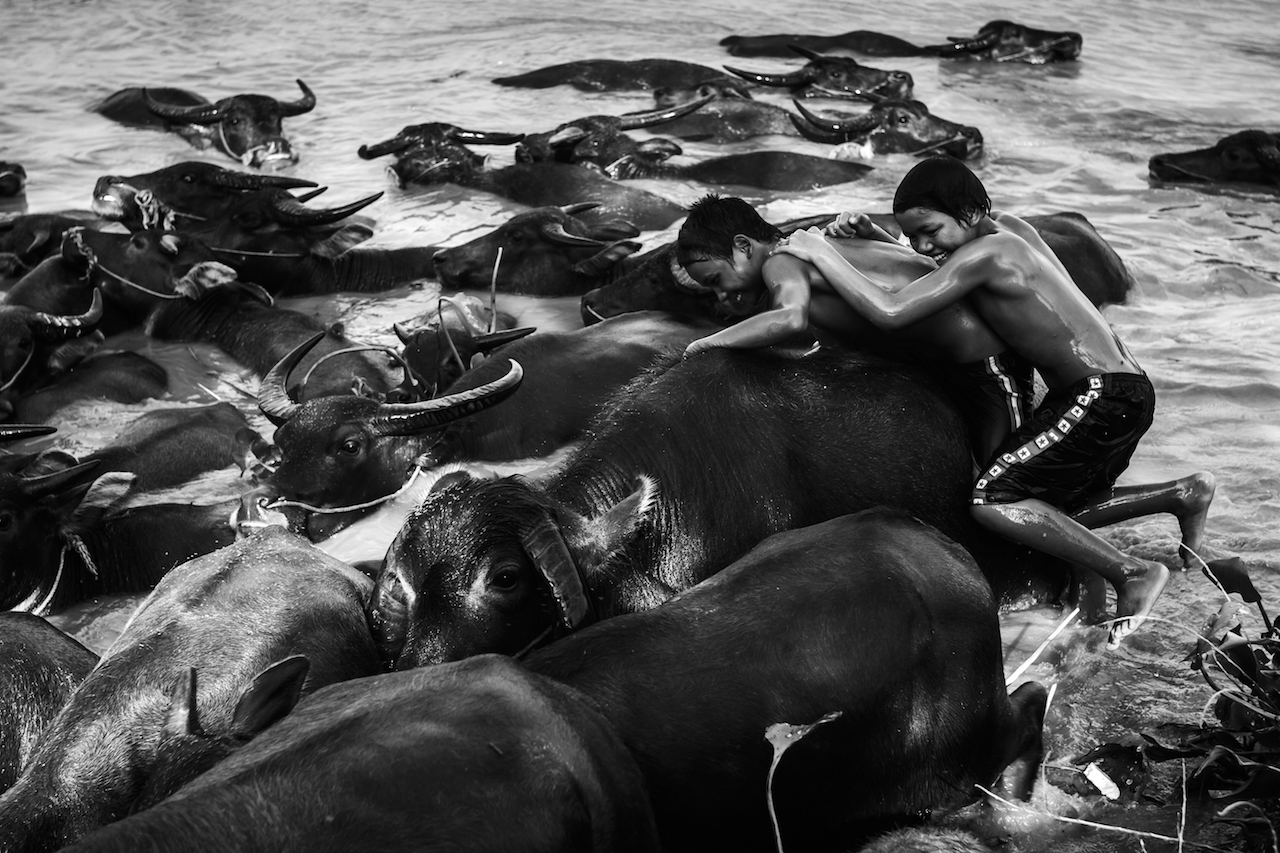Meghan O’Rourke’s “Elegy, 1972” appears in the Fall-Winter 2006-07 (v1.n2) issue of Poetry Northwest. Of her poem she writes: ” ‘Elegy, 1972’ was written after I had been thinking a lot about the fact that most elegies are for people the author knew, but sometimes it is the people one doesn’t know for whom one feels the most poignant or pressing sense of melancholy. Elegiac loss, in other words, is a metaphor for bigger kinds of spiritual loss, and it’s possible to represent that loss by writing an elegy for the unknown—in this case, say, by writing about a grandfather who died before the speaker was born. “It’s common to wonder (or worry) about what we will miss out on after we die, but much less common to worry about the events that took place before our birth. This seemed both natural and odd to me — natural, because we know certain things about life before our arrival, and odd, because of course we don’t really know all that much about it. It took a …



